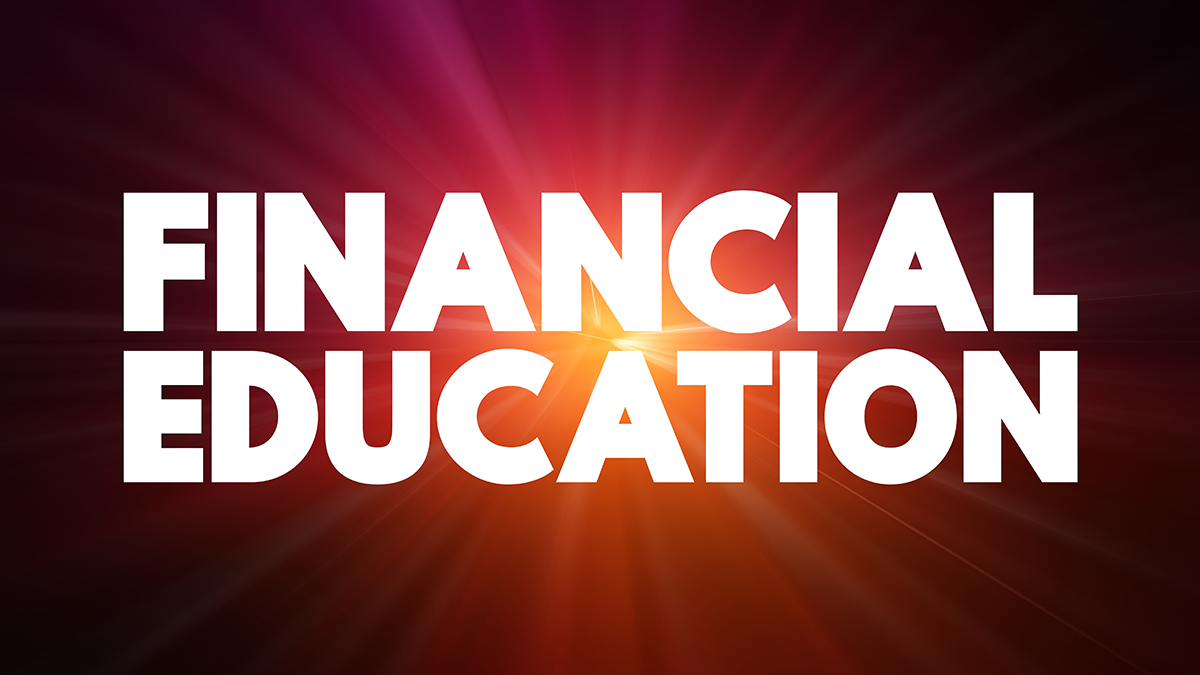
This blog discusses the author's experiences and insights from the 2015 Davos conference. It explores the dynamics of global economic discussions, highlighting the influence of economic powerhouses and the role of smaller nations. The author critiques the effectiveness of such forums in addressing global challenges, questioning whether the outcomes truly benefit all participants or favor the interests of a few. The narrative emphasizes the need for more equitable solutions and transparent discussions to foster global economic stability and growth.
In just a matter of years, we’ve seen the digital revolution transform business, politics, media and society right across the world.
The Davos fest early this year only confirms the trend where this revolution is clearly driving a shift from ‘old’ to ‘new’ power in the world.
A new power’ world characterized by a shift away from unthinking consumption to people being ever more involved in creating, sharing, funding and owning products, services and ideas.
Where old power business models are defined by what one company has that others haven’t, new power models are renewable because they are driven by the passions and energies of the many.
Take a close look at Bitpay and Blockchain, both shaking up the banking industry by giving more people access to a new currency in a secure way, without the permission of governments and institutions…. Along with Sidecar with their true marketplace experience challenging Uber and Lyft to get people moving.
Although new power doesn’t necessarily mean for the better, I think the shift will force old power models to adapt and will most importantly lead to interesting collaborations between old and new power models.
What are we to make of all of this?
I believe the battle ahead, whether you favor old or new power values, will be about who can control and shape society’s essential systems and structures.
Let’s face it, many of our systems need a real shake up. Why wouldn’t you upload the power and talent of billions to do it?
Do we have what it takes to make it happen?
Well I certainly hope so because if you had to reflect on Davos’ recent gathering of world leaders, I am afraid the mood this year was more pessimistic than in 2014, when the euro zone seemed on track to recover from its deep financial and economic crisis. Since then, a range of geopolitical risks have surfaced and growth in Europe has stalled.
Further, reviewing the global economic outlook at the Conference, speakers from the IMF, the ECB, the Bank of England and the Bank of Japan said their ultra-loose monetary policy could only buy limited time for politicians.
My hope is to see word leaders not succumbing to pessimism over the state of the world economy.
A year before, no one had foreseen the fall in the oil price, which has dropped more than 50 percent and reached levels last seen during the financial crisis.
While producer countries in OPEC and beyond were suffering, much of the world could benefit and develop.
In fact , I believe the plunging price of oil and gas provides a once-in-a-generation opportunity to fix bad energy policies.
We just need confidence and less uncertainty and focus on “transitioning growth” from consumption to investment.
Share your thoughts….
Disclaimer: This article discusses certain companies and their products or services as potential solutions. These mentions are for illustrative purposes only and should not be interpreted as endorsements or investment recommendations. All investment strategies carry inherent risks, and it is imperative that readers conduct their own independent research and seek advice from qualified investment professionals tailored to their specific financial circumstances before making any investment decisions.
The content provided here does not constitute personalized investment advice. Decisions to invest or engage with any securities or financial products mentioned in this article should only be made after consulting with a qualified financial advisor, considering your investment objectives and risk tolerance. The author assumes no responsibility for any financial losses or other consequences resulting directly or indirectly from the use of the content of this article.
As with any financial decision, thorough investigation and caution are advised before making investment decisions.